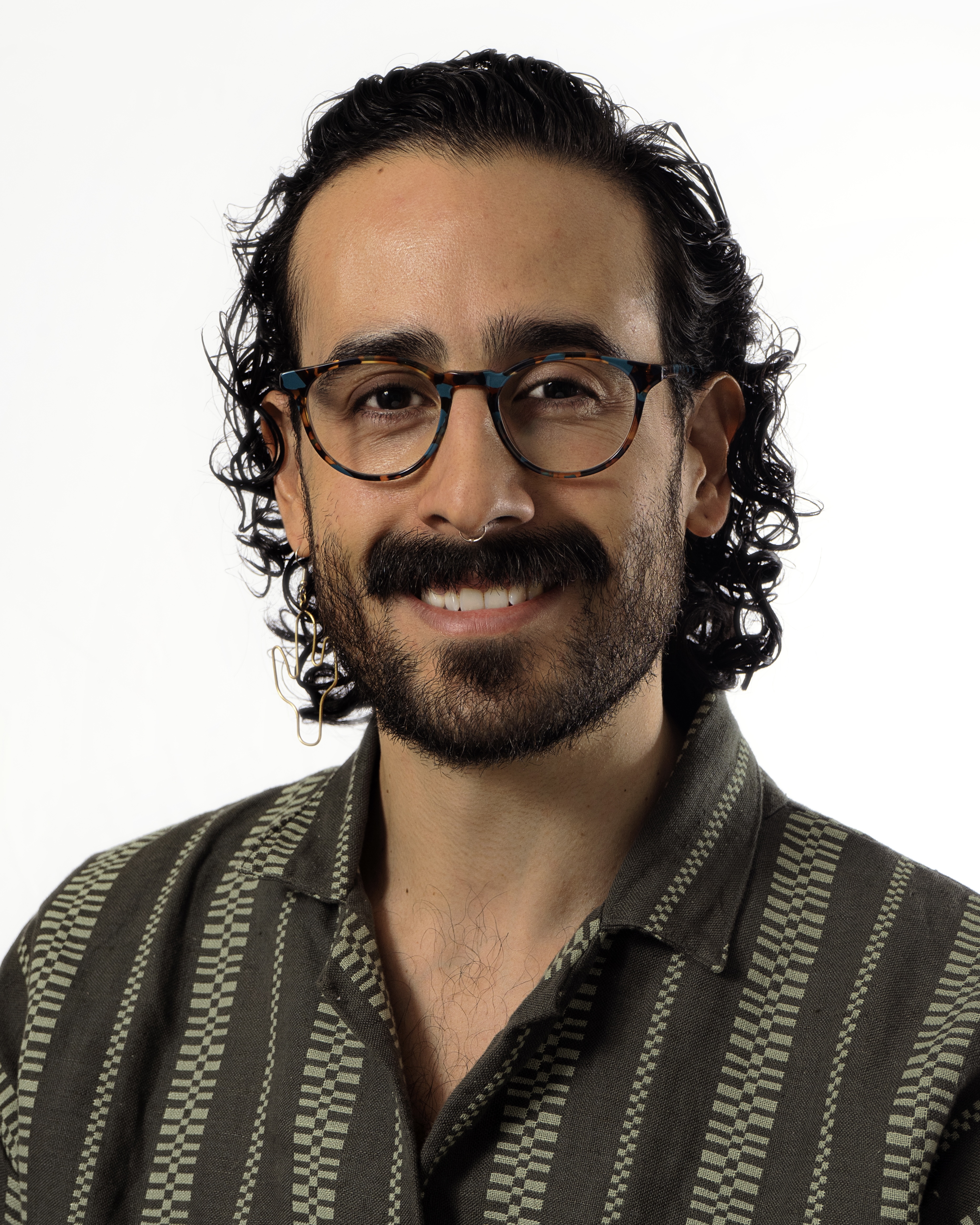Paper Presentation
Social, Economic, and Environmental Justice
Session: Navigating Change in Social Work: Organizational Structures, Labor Rights, and the Profession’s Future
Social work, nonprofits, and unionizing: Examining organizational structure to promote equity and labor rights
Saturday, October 25, 2025
1:00 PM - 1:30 PM MT
Location: Sheraton Plaza, Concourse Level - Governor's Square 17

Fernando R. Valenzuela, MSW (they/he/el)
Research Consultant
University of ConnecticutDisclosure information not submitted.
